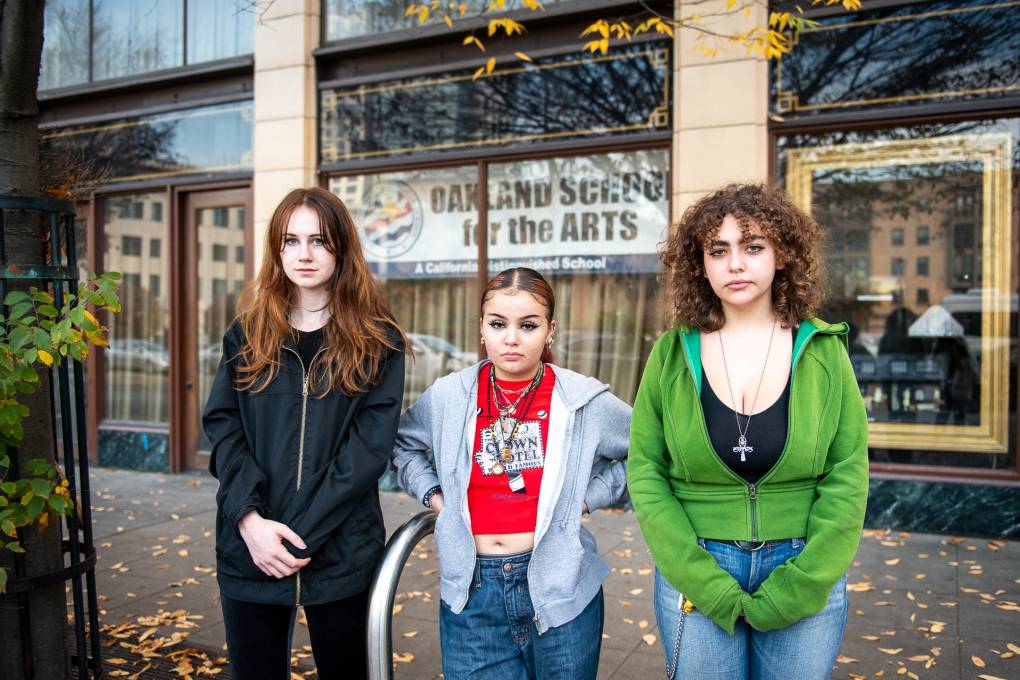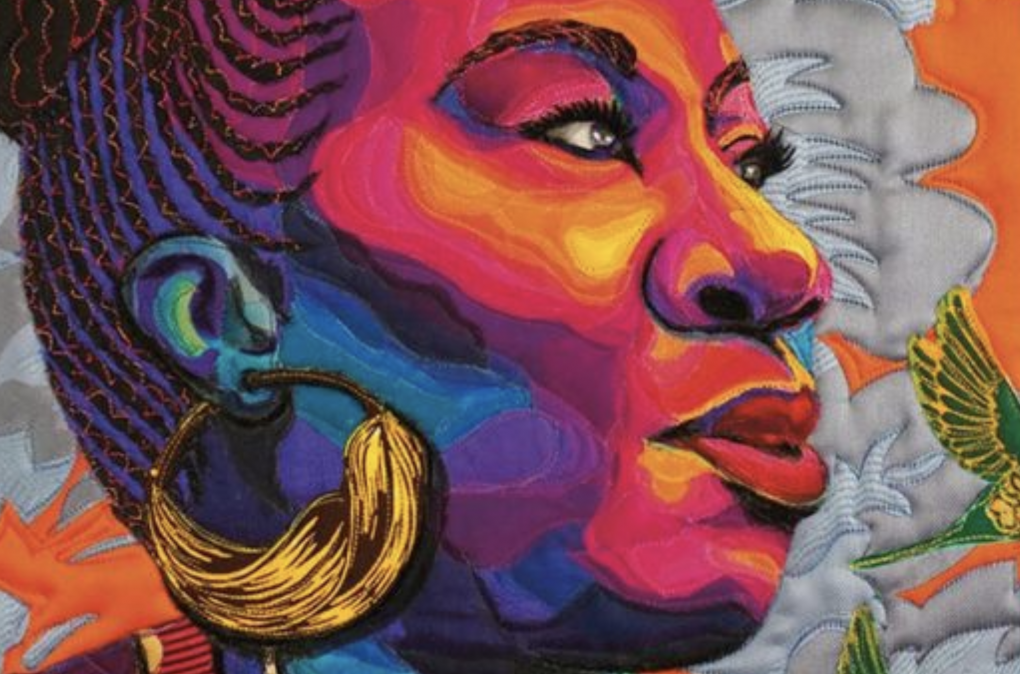IYNAUS President David Carpenter did not initially respond to a phone call and two emails by KQED seeking comment about Manos’ resignation and how it would impact the investigation, or the allegations made by his lawyers.
But on Friday, March 15, the IYNAUS board of directors sent an email to the membership and posted a longer statement on its website aimed at rebutting many of Manos’ claims and providing more details about the investigation, saying it “has been nearly complete for some time.” Sargeant had interviewed 38 people so far, the board said, and had been trying to schedule time with Manos since Dec. 11.
The IYNAUS board also said Sargeant, while not a Iyengar yoga practitioner, had interviewed or been provided the views of many expert witnesses in the community, had conducted dozens of sex abuse investigations, and had worked to ensure Manos was treated fairly in the process — including allowing him to take breaks and consult with his lawyers before responding to any question.
The board also said it had gotten more than 150 reports from the Iyengar community between Sept. 12 and Oct. 30: many were supportive of Manos while “many others made credible allegations that he has abused his position by making sexually inappropriate adjustments,” it said in a Nov. 27, 2018, letter to the Iyengar family.
“Based on these and other reports, we believed that there were many other individuals who would come forward if given an opportunity to do so safely and that some would allow their identities to be revealed. Finally, we also learned that rumors of such sexual misconduct by Manouso have been circulating in our community for many years,” the board wrote in the letter.
Manos denies any misconduct, his spokesman said, adding that the statements by IYNAUS indicate they have predetermined the credibility and merits of any allegations. He also said the only complaint Manos is aware of is the one by Ann West, and he has never been provided the 150 reports or any information concerning any other alleged complaints.
The initial investigation into West’s allegations, by the IYNAUS ethics committee, also “had serious deficiencies,” the IYNAUS board said in its online posting. The committee didn’t interview either West or Manos — contrary to its prior practices in other complaints — and didn’t contact eyewitnesses who identified themselves. (The committee gave no special consideration to Manos because of his status and allowed both parties an opportunity to be heard, his spokesman said).
The IYNAUS board of directors also said Manos’ lawyers sent each member a letter, reserving the right to bring litigation against IYNAUS and individual board members if any part of Sargeant’s report or the underlying information was either sent to the Iyengars or made public.
The lawyers did not respond to a KQED phone call and emails seeking comment about the letter. A spokesman for Manos confirmed they sent the letter to each IYNAUS board member.
“Any such releases or communications would be done by IYNAUS only to retaliate against Manos and intentionally cause him further harm,” the lawyers wrote.
The yoga industry has experienced dramatic growth in the U.S.: Over 36 million people practiced nationwide in 2016, skyrocketing from 16.5 million in 2004, according to a Yoga in America Study. Yoga was a $16 billion industry in 2016, shooting up from $10 billion in 2012.
The KQED investigation found that the yoga community was struggling to rein in sexual misconduct and abuse in its ranks. Some experts believe the lack of oversight of teachers and schools — yoga instructors aren’t licensed in the U.S.; no state agency, such as a medical board, oversees, disciplines or investigates them — is adding to the problems of an industry experiencing explosive growth, where touch and trust are a fundamental part of the practice.
Though Manos will no longer be a member of IYNAUS, he can continue to teach yoga — no certification or license is required for instructors in the U.S. But only certified Iyengar yoga teachers in good standing are permitted to use “Iyengar Yoga” trademark and service marks, IYNAUS said.
The Ramamani Iyengar Memorial Yoga Institute (RIMYI) in Pune, India — the mother institute of Iyengar Yoga worldwide — issues teaching certificates, not IYNAUS. When teachers leave IYNAUS, RIMYI allows teachers to keep their certificates, and it isn’t a violation of the Iyengar Yoga trademark for them to say they previously were granted their certificates and studied at RIMYI or with certified Iyengar teachers, IYNAUS said in October.
Though Manos offered to resign, he did not say he would stop using the Iyengar name — unless the family told him to stop, the IYNAUS board said in its statement and a spokesman for Manos confirmed.
Remski, the yoga culture critic, said he was concerned that Manos’ resigning would render the IYNAUS investigation “moot” and wondered if the organization would make the results public (the IYNAUS board said Friday it will complete its investigation and would then decide what to do with the report and findings).
“I think the Manos story is a brilliant shining example of the utter failure of private yoga institutions to regulate themselves,” he said. Despite having the will, tools and money to conduct an investigation, “at the end of the day, the guy simply can resign and duck out and hang out a shingle somewhere else,” he added.
It’s not clear what the consequences of the resignation will mean for Manos. His lawyers said IYNAUS’ actions had “negatively and severely impacted Manos on both a professional and personal level,” and the investigation “carries with it the potential of loss of students and employment prospects and emotional, reputational, family and psychological harm to Manos and potential exposure to civil and criminal actions.”
Remski said that Manos, like other teachers who have faced sexual misconduct allegations in the U.S., might focus more on teaching abroad.
“It might mean that his sponsorship or his events that are hosted in the States, that they decline. But his traveling schedule shows that he is adept at finding hosts in countries that have no affiliation with IYNAUS whatsoever,” said Remski. “Often what happens with abuse scandals in the yoga world, especially with top-shelf teachers who traveled internationally, is their popularity or their social power remains strong — or it can even gain in strength in countries where the media penetration of this story has been low.”





